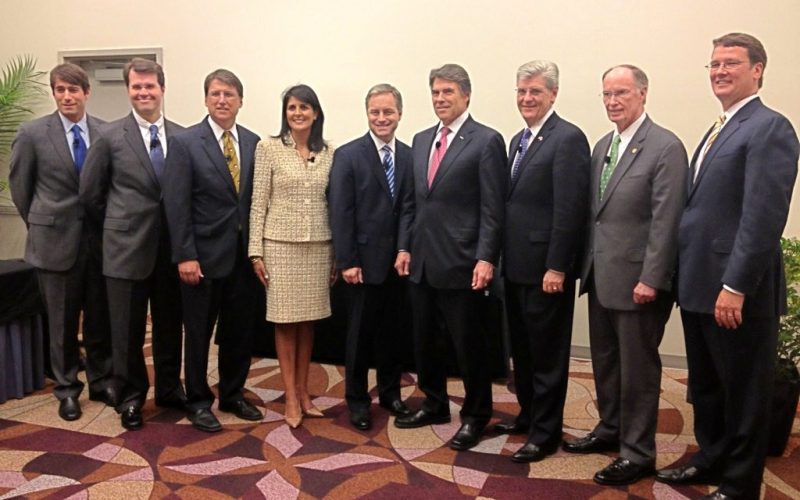THE VOICE FOR THE ENERGY CONSUMER
CEA-Alaska last week issued a Call To Action urging entities and individuals to go on record supporting a competitive Alaska by opposing the repeal of Senate Bill 21 and rejecting.
Consumer Energy Alliance President, David Holt, sits down and answers consumer questions. Jerry P. from Oklahoma asked, “Why do gas prices go up every year right before before the holidays?.
Oil Shockwaves From U.S. Shale Boom Seen by IEA Ousting OPEC: Bloomberg News on Tuesday reportedon a new International Energy Agency (IEA) assessment that concludes the U.S. shale boom will.
Washington Must Find a Way to Say ‘Yes’ to Offshore Exploration by Michael Whatley,Consumer Energy Alliance 5/15/2013 For supporters of expanded offshore energy production, the Offshore Technology Conference presents a.
Houston, TX – Consumer Energy Alliance Executive VP Michael Whatley reacted with skepticism to reports B-List Hollywood celebrities were pleading with the president to reject a pipeline touted as the.

Energy policies must support innovation By David Holt May 6, 2013 Updated: May 7, 2013 at 1:59 p.m. In the United States, economic growth and opportunity have always been grounded.
Energy group warns EPA may use ‘sue-and-settle’ to cap emissions (Washington Examiner) “While EPA claims to have no intention of imposing an LCFS at this time, there is still reason.
Offshore Energy Could Fund S.C. Infrastructure Projects, Newt Gingrich proposes from Consumer Energy Alliance on Vimeo.
.Over 200 stakeholders came together last week – including representatives from the offshore energy industry, federal, state and local elected officials, and the general public – for a several hour.

In January 2009, the US Department of the Interior published a Draft Proposed Outer Continental Shelf (OCS) Oil and Gas Leasing Program for 2010-2015 that, if implemented, would allow one.